The European Commission wants to make sustainable products the norm in the EU, boost circular business models and empower customers to make better purchasing decisions by having real information about the products they are purchasing.
In addition, product-specific information requirements will ensure consumers know the environmental impacts of their purchases.
What does the new legislation include?
TheEU Strategy for Sustainable and Circular Textiles sets out the vision to make textile products sold in the EU more durable, repairable, reusable and recyclable, free from hazardous materials, more energy and resource efficient and ensures the production takes place in full respect of social rights. The new rules would see companies needing to disclose how much unsold stock was sent to landfill.
What about greenwashing?
The commission is calling for changes to EU consumer law in an attempt to outlaw greenwashing. Describing a product as “environmentally friendly” or “eco” will also be banned when the substance of the claim cannot be demonstrated. Companies will also be obliged to tell consumers about features that shorten a product’s lifespan. These rules aim to help consumers be more informed about the environmental sustainability of products and be better protected against greenwashing.
What other considerations need to be made?
While this is a huge leap forward further consideration will likely be necessary to achieve the policy's aim of “Reducing the Footprint of Europe.” The key areas we are interested to explore more were:
Products made from recycled content.We’ve already seen a huge wave of clothing made from recycled bottles branded as a “sustainable solution” when it’s known that the use of recycled bottles in textiles causes both microplastic shedding and is difficult to recycle. We would expect more clarification around the type of recycled content to be included in future legislation.
Balancing durability with environmental footprint. Increasingly the durability and longevity of garments will need to be balanced finely with the carbon footprint reporting. If we are asking brands to measure and report on this, especially on products, it will be vital that brands that are increasing the durability of their products are not unfairly compared with lower quality products with a smaller footprint. Consumers will need to be able to compare durability against carbon footprint which may be difficult to do.
How to police greenwashing claims. Almost every brand has a green claim but there continues to be widespread misinformation about what this means even by the brands themselves. With so many different certification processes and uncertainty in this space it will take some real work to be able to define what constitutes a green claim and what evidence is required to back these up. We are absolutely all for innovation in this space and recognise it is so needed, but remain unsure how this will be practically monitored based on the information made available thus far.
How could this look in Aotearoa?
We would love to see more conversations and legislation like this being progressed in Aotearoa. As we have already proven, people want better solutions for their end of life textiles and we could have this technology here in New Zealand with the right investment and infrastructure. Personally I’d like to live in a society where repair services are widely available, and all brands take responsibility for their end of life products in a thriving circular ecosystem.
While no decision has been made yet on what products the legislation would specifically tackle as textiles are considered the fourth-largest emitter of greenhouse gas emissions it’s likely they will be high on the agenda. Specifically which products the legislation may apply to is anyone's guess, it’s likely the rules will apply to specific categories and may exclude items such as socks for example.
Resources:

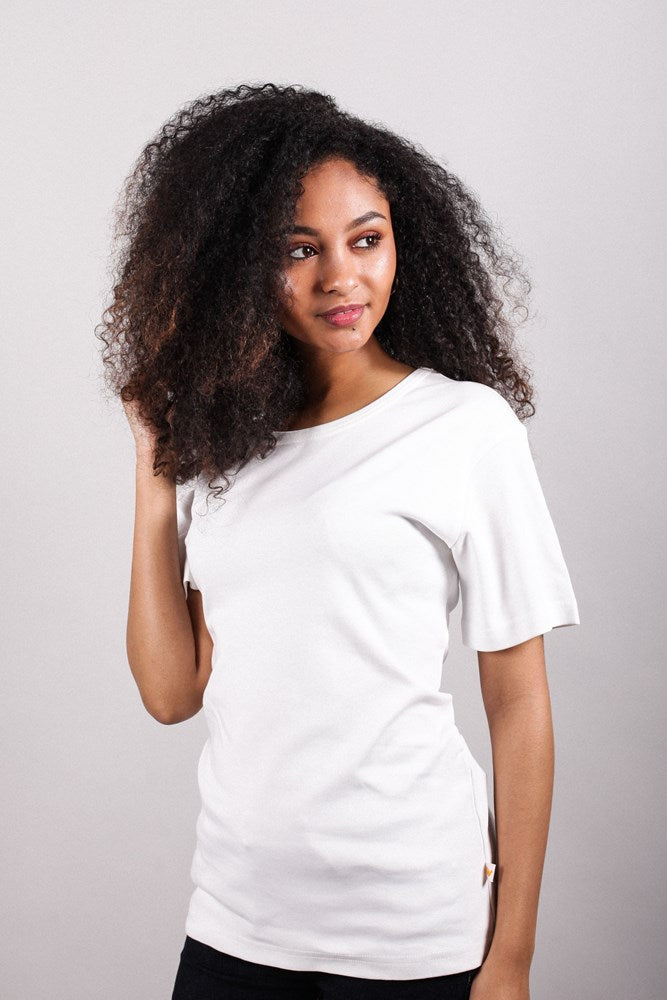

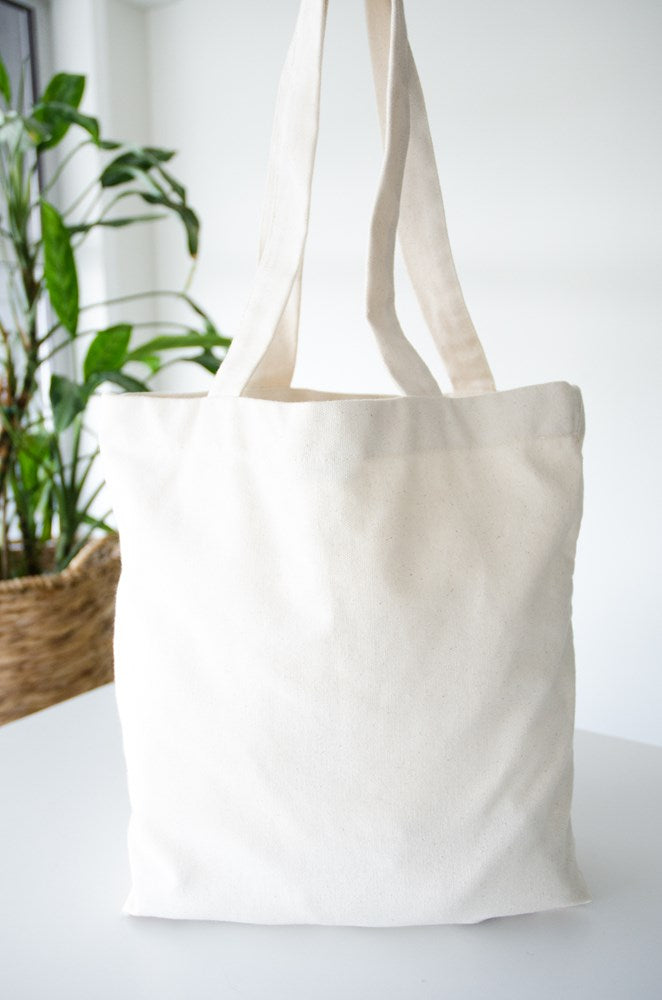
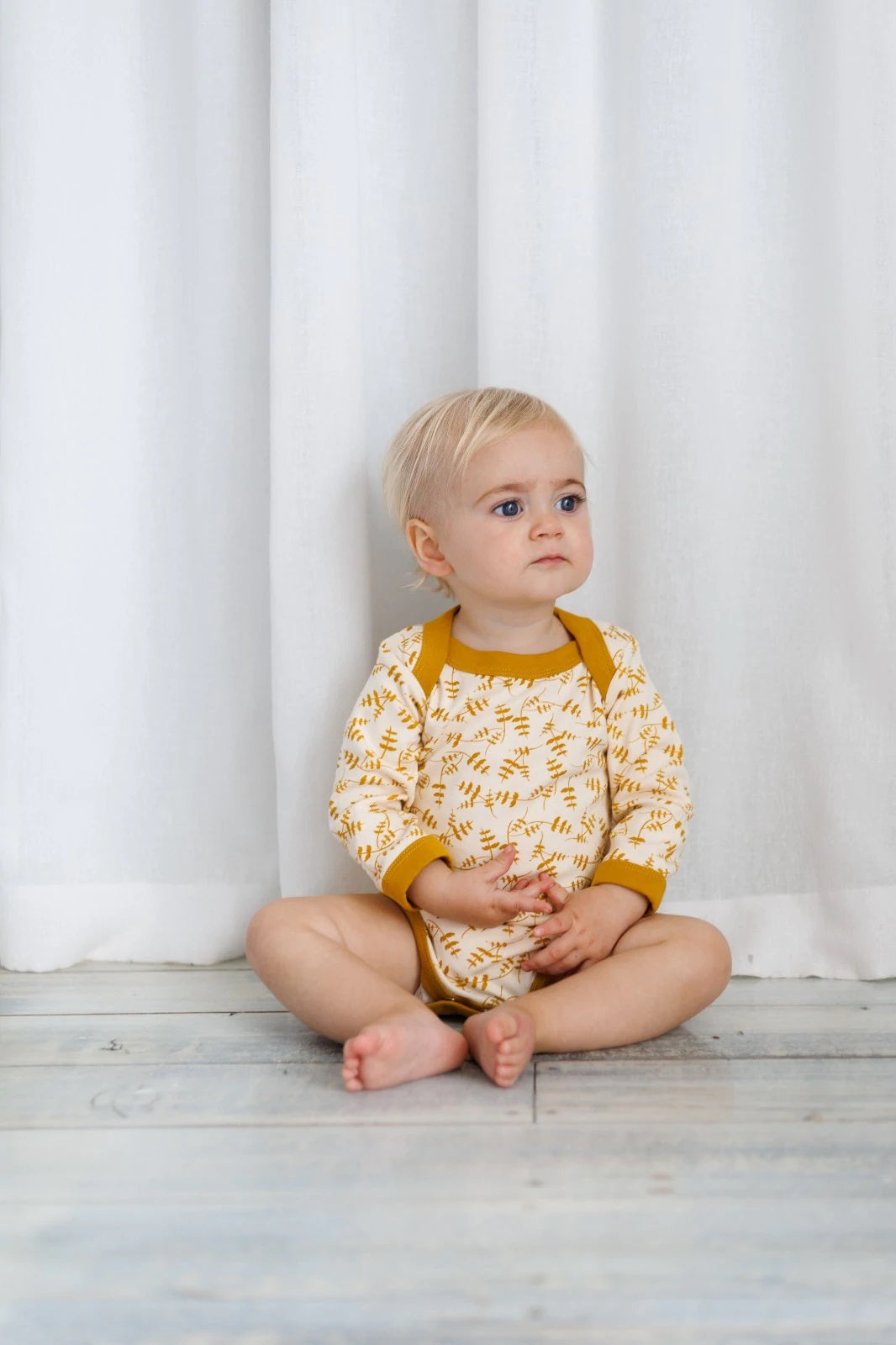

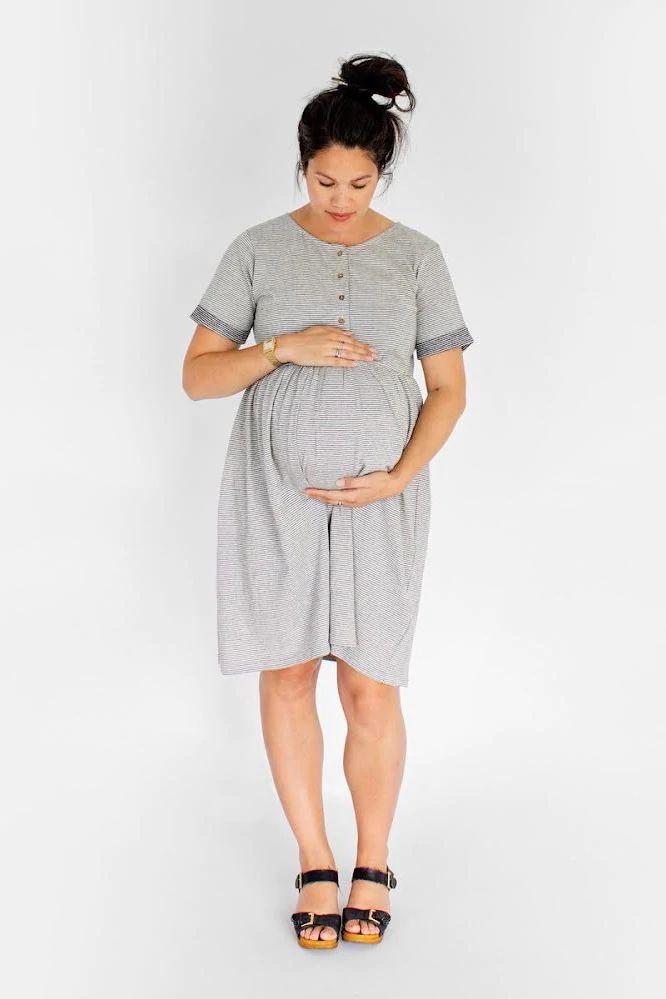

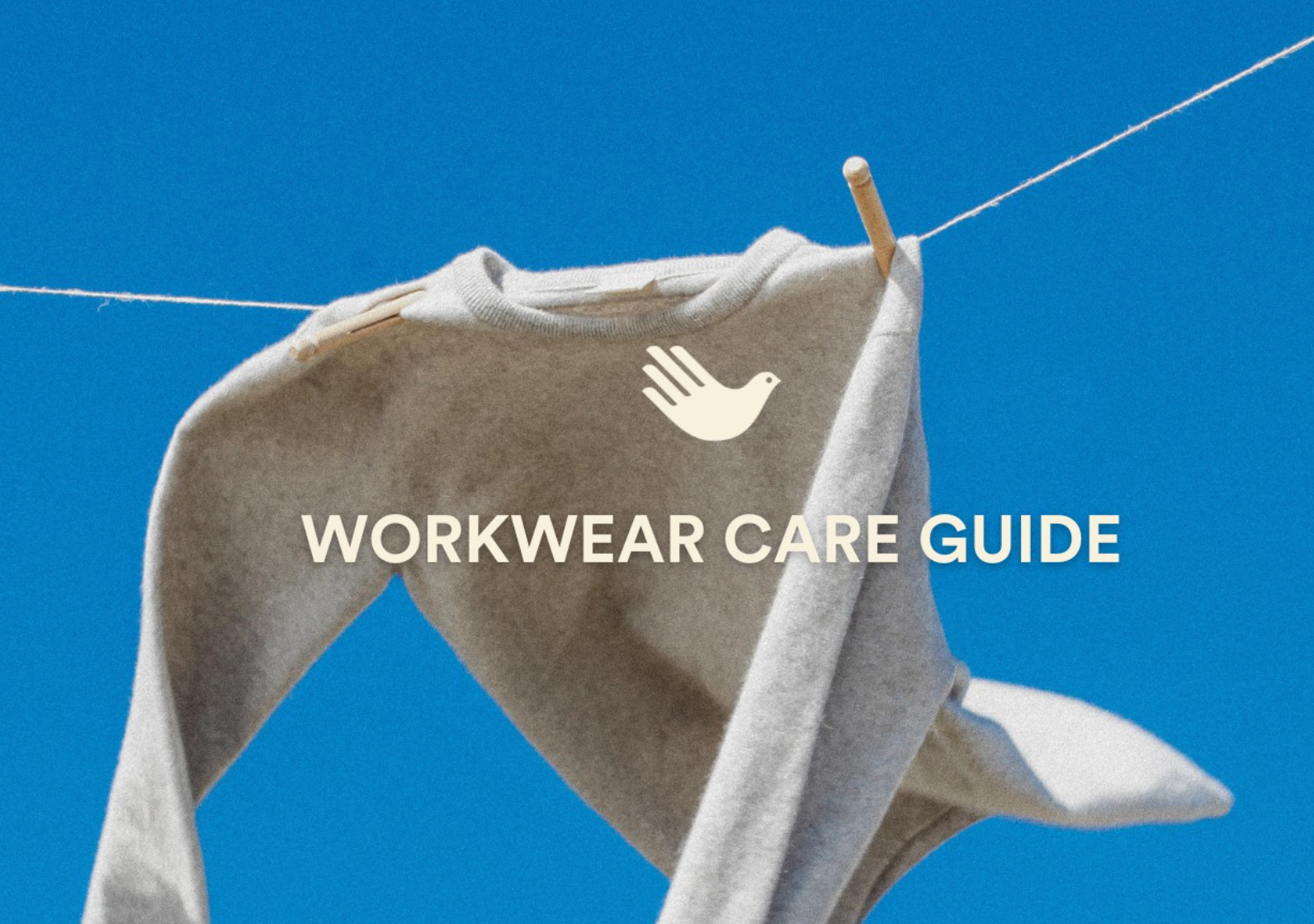
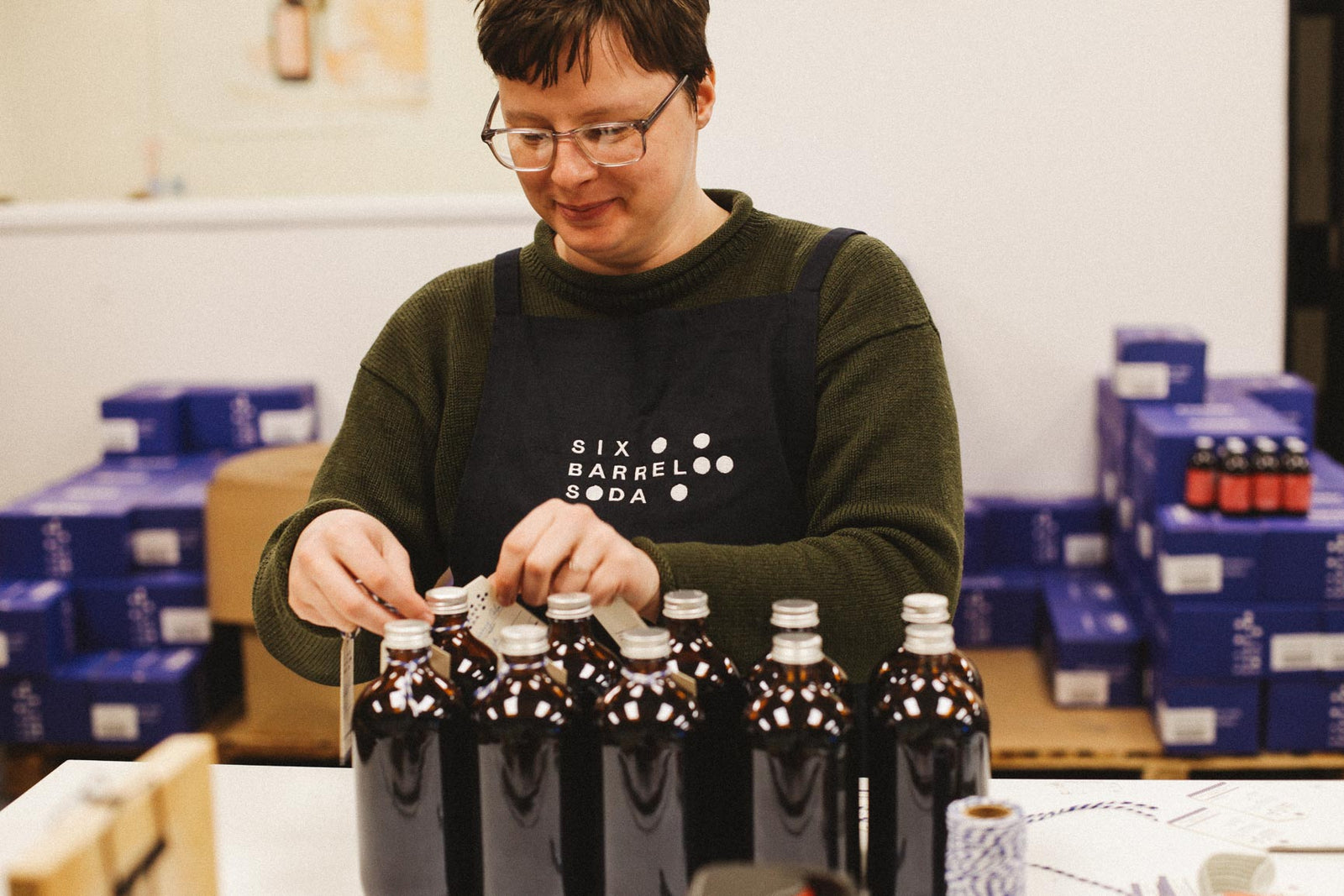
Leave a comment (all fields required)